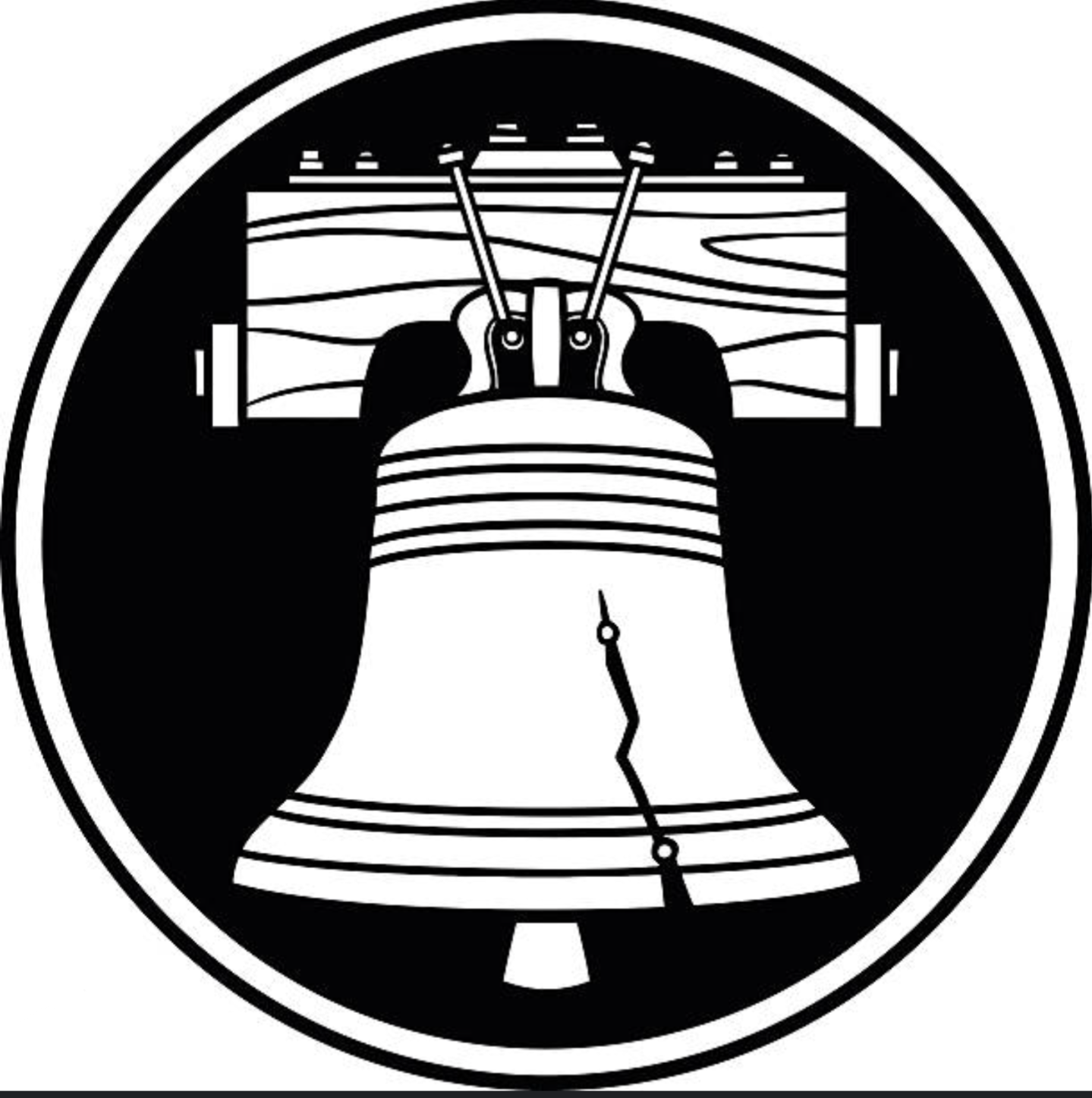Philadelphia City Council voted Thursday to reverse Mayor Jim Kenney’s veto of a bill that prohibits supervised drug consumption sites in most of the city, making the legislation law and delivering a blow to the yearslong effort to open a facility in the city.
A day after Kenney rejected the legislation, which he referred to as “anti-science and misleading,” Council voted to override his veto, 14-1. Working Families Party member Kendra Brooks voted against the veto override effort and does not support the bill.
The law takes effect immediately and changes the city’s zoning code to designate supervised drug consumption sites as a prohibited use in nine of the city’s 10 geographic Council districts. The district not included is West Philadelphia’s 3rd District, which is represented by Democrat Jamie Gauthier.
Because district Council members have wide latitude to make land-use decisions about their districts, each Council member could opt to have his or her district included in the legislation. Still, Gauthier voted in favor of the prohibition, saying she “respects [her] colleagues and the way they represent their districts.
The passage throws into question the possibility of a supervised drug consumption site opening in Philadelphia. Advocates, who say the sites prevent fatal overdoses by giving people a place to use drugs under the supervision of a health provider, already faced a souring political environment. Lawmakers in Harrisburg advanced legislation to ban drug consumption sites statewide, and Kenney will likely be replaced in January by Democrat Cherelle Parker, who strongly opposes the facilities.
And Safehouse, the nonprofit that has sought to open a supervised consumption site in Philadelphia, remains entangled in federal litigation over the legality of such a site.
The vote came just days after city health officials announced that more Philadelphians died of drug overdoses last year than ever before. A record 1,413 people died in the city, most of whom had used opioids.
City Councilmember Quetcy Lozada, whose district includes Kensington and one of the largest open-air drug markets on the East Coast, championed the legislation and has said it does not ban supervised drug consumption sites because operators can apply for special permission from the city’s Zoning Board of Adjustment.
Obtaining that permission would require they first go through neighborhood-based civic groups, which in Lozada’s district have been vehemently opposed to opening a site where people can use drugs under supervision.
Kenney, who has for years endorsed the idea of establishing a facility in the city, said in a letter to Council that would amount to “handing the approval of any [supervised drug consumption site] at all to the loudest voices in the room.”
But Lozada said in response that “those voices belong to children, families, and small businesses that call the neighborhoods impacted most by this epidemic home.”
There are two supervised consumption sites currently operating in the United States, both in New York. Staff in New York say that, since their opening in November 2021, they have intervened to treat more than 1,000 overdoses.
Advocates for supervised drug consumption sites who spoke in City Council on Thursday before the vote cited those figures and slammed Council members for their votes.
“For you to sit here and say ‘no, we will not do it,’ even though the science proves that it works, is mind-blowing,” said Moses Santana, an activist from Kensington. He added: “We will organize to remove you. Democrats who are voting likely Republicans. We will vote to remove you. I promise you.”
God forbid we do a harm reduction 🙄
(to be clear, this post is in support of supervised injection sites)



